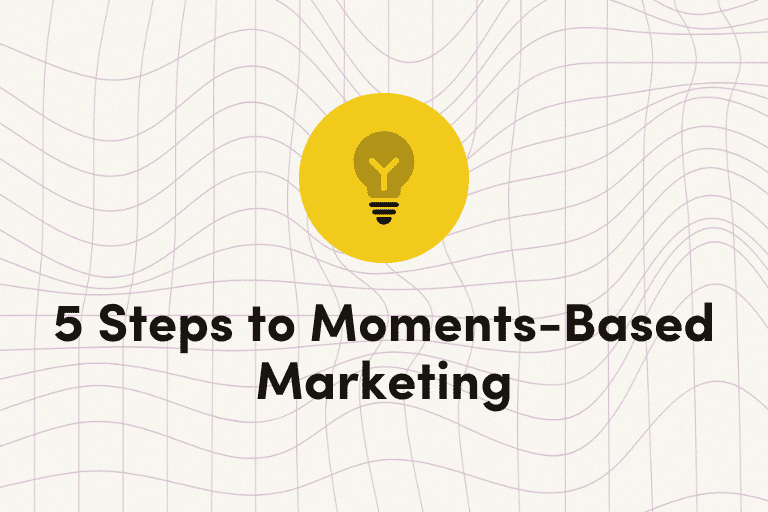The tech world is abuzz following the latest announcements from Apple’s WWDC and Google’s I/O 2024 conferences. Both tech giants have showcased their visions for the future, with a significant focus on artificial intelligence (AI), privacy, and user-centric innovations.
Let’s explore the overarching themes, key announcements, and updates that are set to redefine our digital experiences.
AI Takes Center Stage
It’s no surprise that AI remains a dominant theme for both Apple and Google. The investments these companies are making underscore their commitment to making AI an integral part of their ecosystems, enhancing the capabilities available to developers and end-users alike.
Google I/O: A New Era of AI
Google’s I/O conference in May spotlighted several groundbreaking AI advancements:
- Gemini 1.5 Flash and 1.5 Pro: Google’s powerful large language model, now available globally for developers, aims to revolutionize how we interact with AI. This model promises more intuitive and accurate responses, enhancing everything from search queries to content creation.
- Google Search AI Overviews: Introduced with the goal of simplifying information retrieval, this feature allows users to ask complex questions and receive comprehensive answers instantly. Google’s Vice President of Search, Liz Reid, highlighted the ambition to serve 1 billion people by the end of the year, with the potential to answer multiple questions in one search.
- Veo: A new video generation AI capable of creating 1080p videos over a minute long, positioning Google to compete with OpenAI’s Sora.
- Gmail Summarization: Gemini helps users by summarizing emails directly within the Gmail app. This feature is expected to enhance productivity by providing concise summaries of long email threads, making it easier to make informed decisions quickly.
- As an example, say you’ve been comparing prices from different contractors to fix your roof and are looking for a summary to help you decide who to pick, Gemini could return three quotes along with the anticipated start dates offered in the different email threads.
Gemini sidebar in Gmail helps summarize emails. Source: arstechnica.
Android 15: AI-Powered Innovations
Android 15 is poised to be a game-changer with its deep AI integration:
- Gemini as Default Assistant: Replacing Google Assistant, Gemini offers supercharged experiences with deeper integration into the mobile OS and Play Store apps. Its visual and spatial contextual awareness promises a more intuitive user experience.
- Gemini Nano: This on-device AI assistant ensures user data remains secure and private. Available on Pixel Pro and soon on Pixel 8 and 8A, it brings faster performance and improved privacy to Android 15. New capabilities include text, image, and video processing, along with real-time content summaries in Chrome.
- Gemini introduced in Android Studio: Enables developers to build high quality apps faster.
Apple Enters the AI Arena
As said in an article from CNET, “Apple arrived late to the AI party, but now it’s ready to face off against Google and Microsoft.”
- Apple Intelligence AI Assistant: This assistant can create language and images, perform actions across apps, and draw from personal context to simplify everyday tasks. Processed primarily on-device, Apple Intelligence ensures user privacy while delivering powerful AI capabilities.
- Email Categorization and Summarization: Apple’s new feature categorizes emails into Primary, Transactions, Promotions, and Updates, offering quick AI-generated summaries to help users prioritize their inbox.
Privacy and Security: Still Paramount
With the rise of AI, Google and Apple are still keeping privacy and security top-of-mind. In fact, they’re finding ways to intersect AI and security to ensure data protection.
Google’s Privacy Approach
Google continues to prioritize user privacy with features like:
- On-Device AI Processing: Ensuring user data remains secure without the need for cloud-based processing.
- Scam Call Protection: An AI-powered feature that detects scam calls in a privacy-preserving way.
Apple’s Security Focus
Apple’s WWDC 2024 highlighted similar commitments:
- Private Cloud Compute: Privacy remains a top priority for Apple in its implementation of AI features. Most AI models are processed on-device, with ‘Private Cloud Compute’ serving as a backup for more powerful models.
- According to their press release, Apple is “Setting a new standard for privacy in AI, Apple Intelligence understands personal context to deliver intelligence that is helpful and relevant.”
OS Updates: Enhancing User Experience
With iOS 18 and Android 15, Apple and Google are rolling out significant updates to their operating systems, aimed at improving user experience and engagement.
Google’s Android 15
In addition to the AI advancements, Android 15 introduces features like:
- Notification Cool Down: A feature that reduces notification volume and vibrations for repeat alerts, helping users manage their notification load more effectively.
- Rich Vibration for Push: Allows apps to differentiate notifications through varied vibrations, enabling users to identify the type of message without looking at their devices.
- Private Spaces: This feature adds an extra layer of security for sensitive apps, requiring additional authentication for access and hiding notifications unless actively accessed.
- Updates to Do Not Disturb Modes: Minor updates with potential future enhancements, allowing third-party apps to manage these modes.
Satellite Messaging: Ensuring connectivity in remote areas by enabling users to send messages via satellite.
Apple’s iOS 18
Apple’s iOS 18 comes packed with new features. One we want to call attention to, however, is Rich Communication Services (RCS) support. RCS is basically SMS 2.0 and unlocks richer experiences than SMS—and better interactivity. Apple previously not embracing it has been a big damper on RCS adoption, so Apple beginning to implement it with iOS18 is huge news.
New features include:
- RCS Support: Enhancing communication across device ecosystems, fostering better user experiences. Iterable is monitoring and determining what this means for our offering as we explore what new channels to add to our platform capabilities.
- Satellite Messages: Similar to Android, this feature ensures users stay connected, even in remote locations.
- Live Activities on WatchOS: Transforming notifications into more interactive, dynamic experiences.
MacOS Sequoia Continuity: Seamlessly integrates iPhone notifications and audio with Macs, enhancing continuity and productivity.
The Road Ahead
As we look to the future, it’s clear that AI, privacy, and user-centric innovations will continue to shape our digital landscape. Google’s advancements with Gemini and on-device AI processing, combined with Apple’s focus on privacy and powerful AI capabilities, set the stage for a new era of technology.
These updates not only enhance the capabilities of our devices but also address the growing consumer demand for privacy and data control. As developers and consumers, we can look forward to more intuitive, secure, and efficient digital experiences.
Stay tuned as these updates roll out, and prepare to explore the possibilities they unlock. Whether it’s the ability to receive real-time AI-generated content summaries or the enhanced privacy protections ensuring our data stays secure, the future of technology looks incredibly promising. Embrace the innovations, and get ready to experience a smarter, more connected world.
To learn more about these updates and what they could mean for you, reach out to your Iterable Customer Success Manager or, if you’re not an Iterable customer yet, schedule a demo today.

































